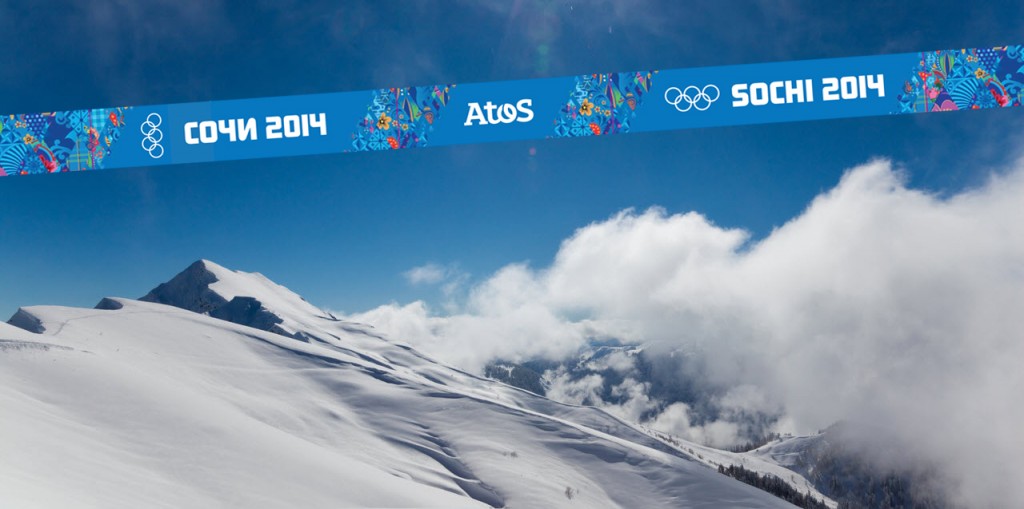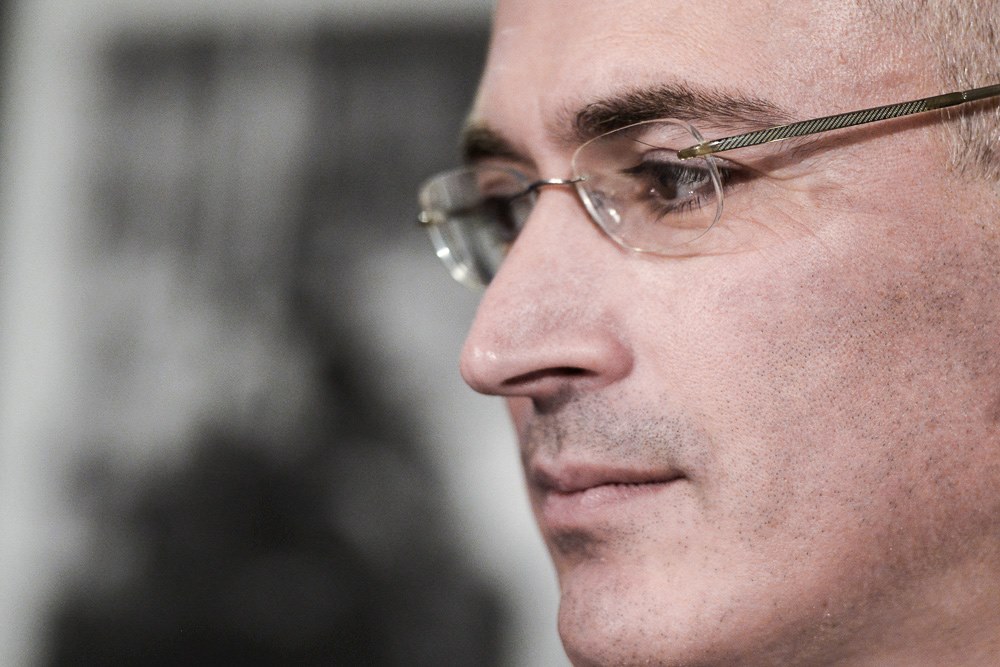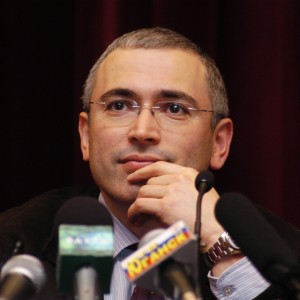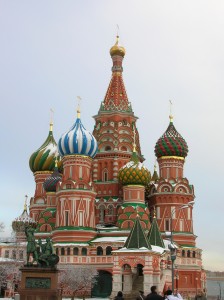Here’s my latest blog for Huffington Post UK:
It’s already been over a week of sun, sea and well, some snow in Sochi, but yet more naysayers continue to join the chorus of disapproval over the Russian city’s choice as host for the 2014 Winter Olympics and Paralympics.
This time, however, the criticism is not directed at President Vladimir Putin, Sochi or its subtropical climate, but at UK prime minister David Cameron, whose decision to forego the Games has been labelled a “missed opportunity” by International Olympic Committee president Thomas Bach.
As with many other world leaders – Barack Obama, Angela Merkel, François Hollande, to name but a few – Cameron opted to shun Sochi and sent culture secretary Maria Miller along to enjoy the action instead.
Although Downing Street has gone to great lengths to deny that Cameron is staging any kind of boycott, Bach clearly is far from convinced. “I always think if you don’t have a dialogue, it’s a missed opportunity,” he told the BBC in an exclusive interview. “A dialogue is always better than talking about each other. It’s always better to talk with each other.”
Published on 16-02-14. Read on here





